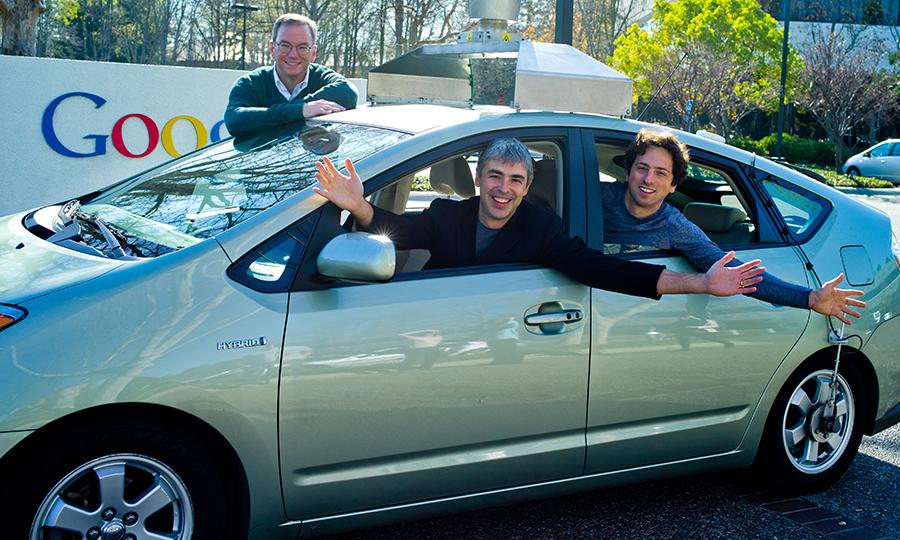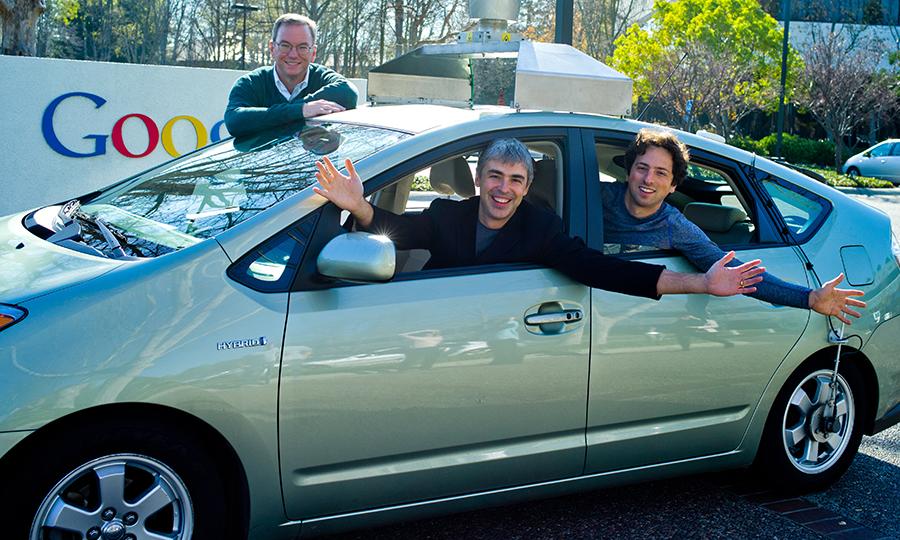Here at iDoneThis, we often talk about how principles of positive psychology can be used to improve our well-being and happiness at work. We wanted to go back to basics and get an expert to explain what positive psychology is and how it can help you live your life better. So we spoke with Dr. Stephen Schueller about defining positive psychology and what progress and timing have to do with living a good life.
 Dr. Schueller is a professor at Northwestern University’s Feinberg School of Medicine and member of the Center for Behavioral Intervention Technologies, where he works on developing internet and mobile interventions in behavioral and mental health service delivery. (This is the first installment of our interview. Head here for the second, 5 Reasons You Don’t Do What Really Makes You Happy).
Dr. Schueller is a professor at Northwestern University’s Feinberg School of Medicine and member of the Center for Behavioral Intervention Technologies, where he works on developing internet and mobile interventions in behavioral and mental health service delivery. (This is the first installment of our interview. Head here for the second, 5 Reasons You Don’t Do What Really Makes You Happy).
Here’s our interview with Dr.Schueller on positive psychology and how it can improve our lives.
Initially I think I misunderstood positive psychology as being all about positive thinking and positive emotions — and that’s really not what it’s about.
That’s definitely true. One of the things I really try to differentiate positive psychology from is this positive thinking movement, things like reading The Secret — where you think it, you’ll get it, or think positively and your life will be better. That’s not what positive psychology is about at all.
Lots of research shows that experiencing positive emotions is very beneficial, but that’s not really the point in positive psychology. Positive psychology is a movement focusing on trying to understand what optimal functioning means.
Read more









 Dr. Schueller is a professor at Northwestern University’s Feinberg School of Medicine and member of the Center for Behavioral Intervention Technologies, where he works on developing internet and mobile interventions in behavioral and mental health service delivery. (This is the first installment of our interview. Head here for the second,
Dr. Schueller is a professor at Northwestern University’s Feinberg School of Medicine and member of the Center for Behavioral Intervention Technologies, where he works on developing internet and mobile interventions in behavioral and mental health service delivery. (This is the first installment of our interview. Head here for the second,